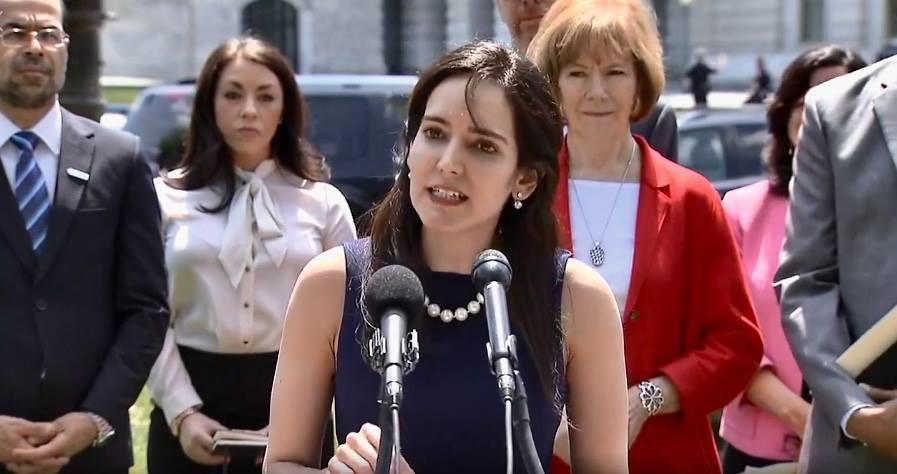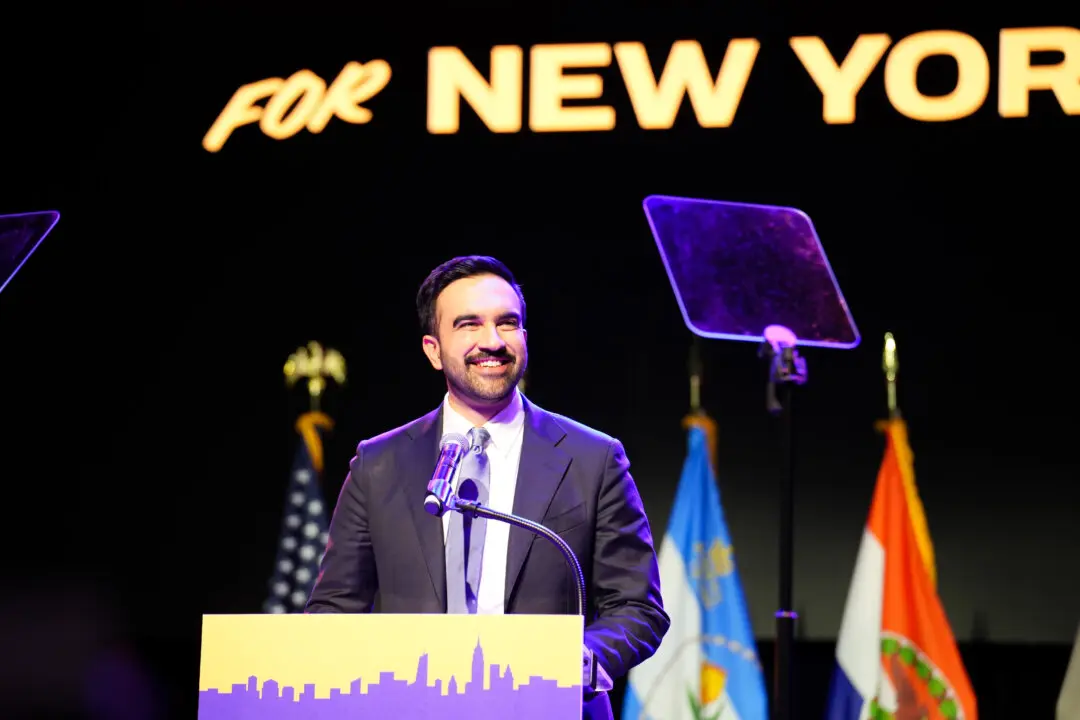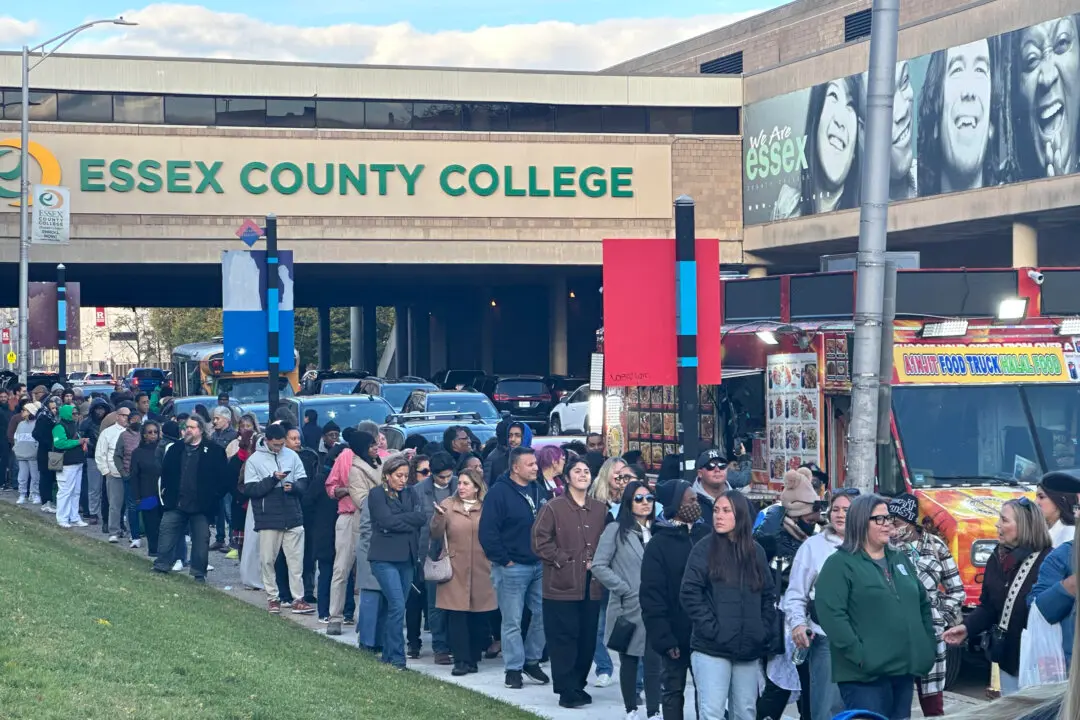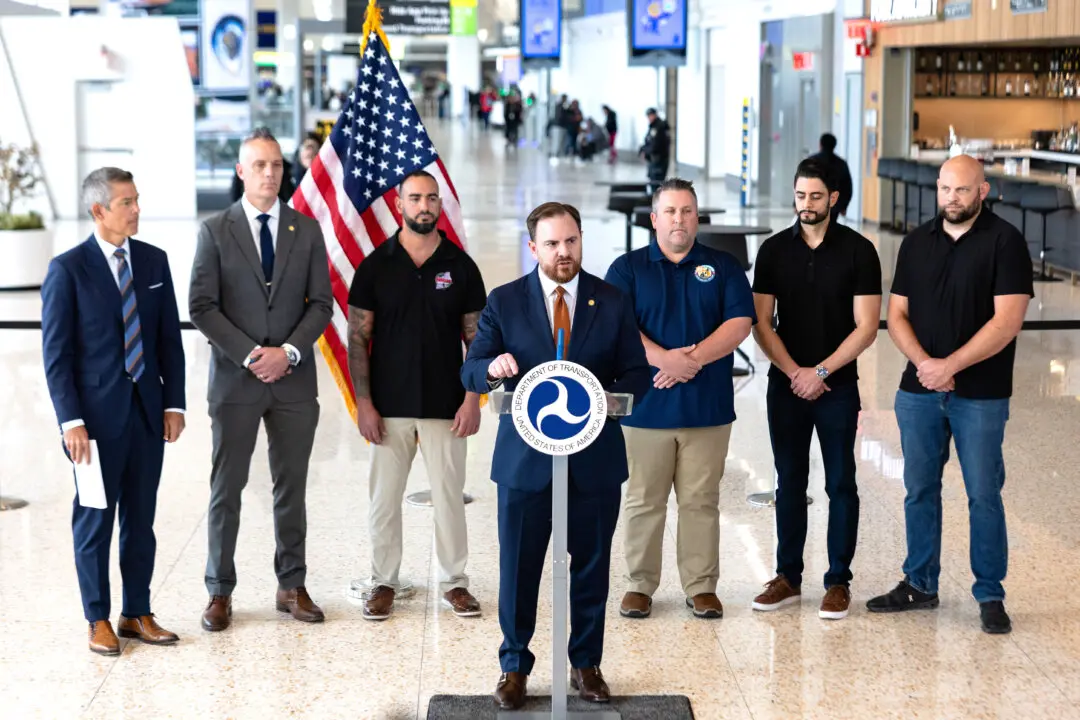Immigrant groups fear that President Donald Trump’s Jan. 20 executive order on national security is a precursor to a punitive travel ban that will target students who participated in pro-Palestinian university encampments and make obtaining visas more difficult.
Trump issued the order to protect the United States “from foreign terrorists and other national security and public safety threats.”





